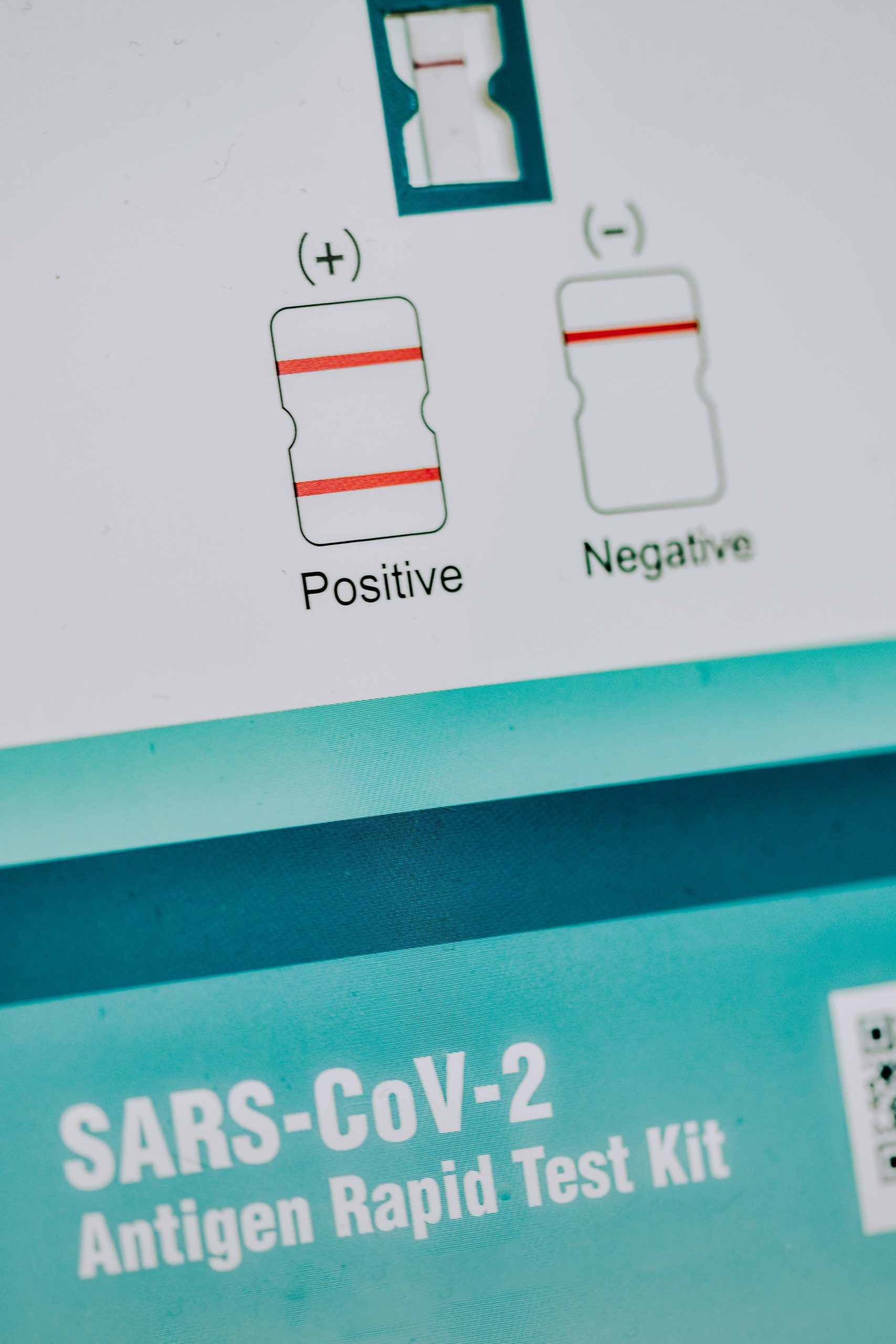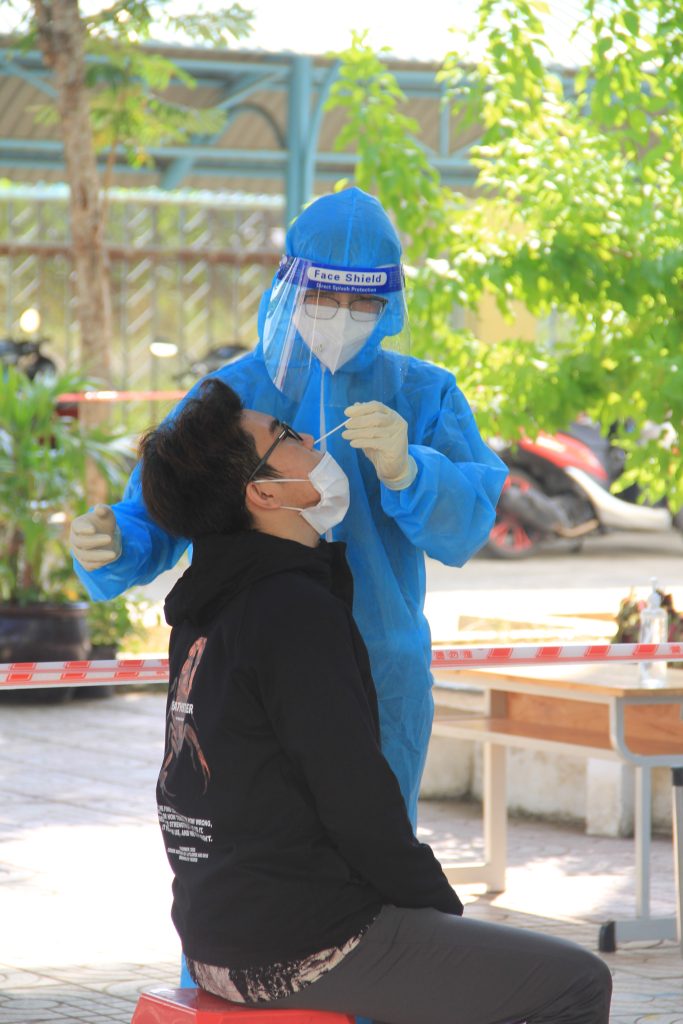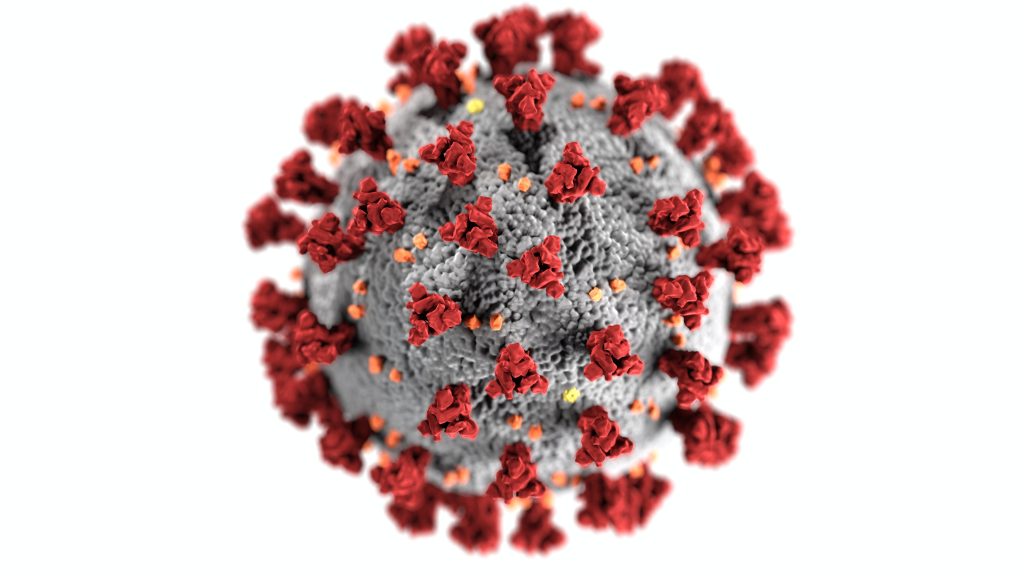COVID-19 Tests 101

Yes, we are very well aware of the fact that we’re a bit late to this game. But hey, better late than never right? Here’s presenting to you SARS-CoV-2 a.k.a. COVID-19 tests 101 or something along those lines.
Know your terms
I’m pretty sure you’ve heard various terms being thrown around in light of this dreadful COVID-19 pandemic, especially those concerning the tests used to detect COVID-19. Oftentimes people question how accurate that particular test is compared to the other one. The textbook definition of accuracy is the degree to which the results of a measurement or calculation is in accordance with a certain standard.
However, with these tests, their specificity and sensitivity is what you need to know. Specificity tells how often the test will be able to correctly detect the absence of the disease/condition being tested. This is also known as the “true negative rate”. Alternately, sensitivity is the “true positive rate” or more so its ability to correctly detect that the disease/condition being tested for is indeed present [1].
Let’s say one of these tests is said to have 80% specificity and 90% sensitivity. To put it plainly, we can translate 80% specificity to mean that 8 out of 10 people who perform this test will obtain a negative result for those without the disease but the remaining 2 who do not have the disease and should have tested negative will get a false positive result. As for its sensitivity, 9 out of 10 people with the disease will correctly get a positive result but one odd person will get a false negative result even though they have the disease and should have tested positive.
Antigens and antibodies are intermingled in between all of this as well. As said in laymen terms by Dr. Hanan Balkhy, the first Assistant Director of Antimicrobial Resistance at the World Health Organization (WHO), proteins that are present on the outer shell of the virus are known as antigens while antibodies are produced by our bodies as an immunity after it encounters that specific antigen. Antibodies are made after your body is infected or vaccinated against an infection [2].
3 different types of tests
Yes you read that right, there’s actually three different types of tests available to detect COVID-19. Namely they are the Reverse Transcription Polymerase Chain Reaction (RT-PCR) test, Rapid Test Kit Antigen (RTK-Ag) test and the Antibody test. However, the first two tests known as diagnostic tests are of more prominent usage among the public.

Reverse Transcription Polymerase Chain Reaction (RT-PCR) test
Said to be the gold standard test to detect for active COVID-19 infections, this molecular diagnostic test is able to identify if the viral genetic material (RNA- Ribonucleic acid) is present in the body through saliva, nasal or throat (oropharyngeal) swabs.
It usually takes a few days to determine if the person has a positive result as the sample has to be processed through a series of elaborate steps in the laboratory. However, because of its high sensitivity (≥90%), once a person is detected to have COVID-19, a repeat test or any other test is not necessary to confirm its presence. Just a heads up, having a RT-PCR test done won’t be able to detect if you’ve ever had the COVID-19 virus in the past.

Rapid Test Kit Antigen (RTK-Ag) test
I think most of us have at least tested ourselves using the RTK-Ag test kit at least once in the span of the last 2 years. Besides being readily available and affordable, this molecular diagnostic test requires nasal or oropharyngeal sample collection in a similar manner to the RT-PCR test.
The only difference is that this can be done easily under 30 minutes at home, as long as you follow the instructions accordingly. It is able to detect active infections by identifying the presence of the specific viral proteins (antigen) and has a very high specificity (≥97%) too. The discovery of these kits were a blessing as things took a turn for the worse with this pandemic. It enabled detection of COVID-19 outbreaks in a large population within a short time frame. However, there have been tendencies to show false negatives. Therefore, if you’re definitely exhibiting COVID-19 like symptoms, but the RTK-Ag test shows a negative result, it would be wise to have an RT-PCR test done.

Antibody test
As the name suggests, this test is used to detect whether the individual has developed antibodies in their blood which are specific to the external part of the virus. The antibodies are developed in an individuals’ immune system within one to three weeks once they are infected by the COVID-19 virus [3] . Unfortunately, it’ll only be able to tell whether they’ve had an infection in the past and not whether they have a present active infection.
Additionally, unlike the previous two tests, an antibody test requires blood samples that are obtained either through finger pricks or blood withdrawal. Usually, results are obtained on the same day or after a few days. But even then, another antibody test may be needed to confirm the accuracy of the first test done.

References
[1] HealthNewsReview.org. 2022. Understanding medical tests: sensitivity, specificity, and positive predictive value. [online] Available at: <https://www.healthnewsreview.org/toolkit/tips-for-understanding-studies/understanding-medical-tests-sensitivity-specificity-and-positive-predictive-value/> [Accessed 22 March 2022].
[2] Who.int. 2022. Episode #14 – COVID-19 – Tests. [online] Available at: <https://www.who.int/emergencies/diseases/novel-coronavirus-2019/media-resources/science-in-5/episode-14—covid-19—tests?gclid=CjwKCAjw8sCRBhA6EiwA6_IF4YKKsNyd3yn3jrj17VtXZAt4rWnvxTQqGE5djfUL9OKXIijZ1uyOZRoC-kcQAvD_BwE> [Accessed 22 March 2022].
[3] cdc.gov. 2021. Test for Past Infection. [online] Available at: <https://www.cdc.gov/coronavirus/2019-ncov/testing/serology-overview.html> [Accessed 22 March 2022].
[4] Bala Krishnan, D., 2022. Reduce reliance on RT-PCR tests, Khairy tells Malaysians. [online] https://www.nst.com.my. Available at: <https://www.nst.com.my/news/nation/2022/03/779945/reduce-reliance-rt-pcr-tests-khairy-tells-malaysians> [Accessed 22 March 2022].
The opinions expressed in the article are the writers’ own and do not reflect the view of MPS YPC.













